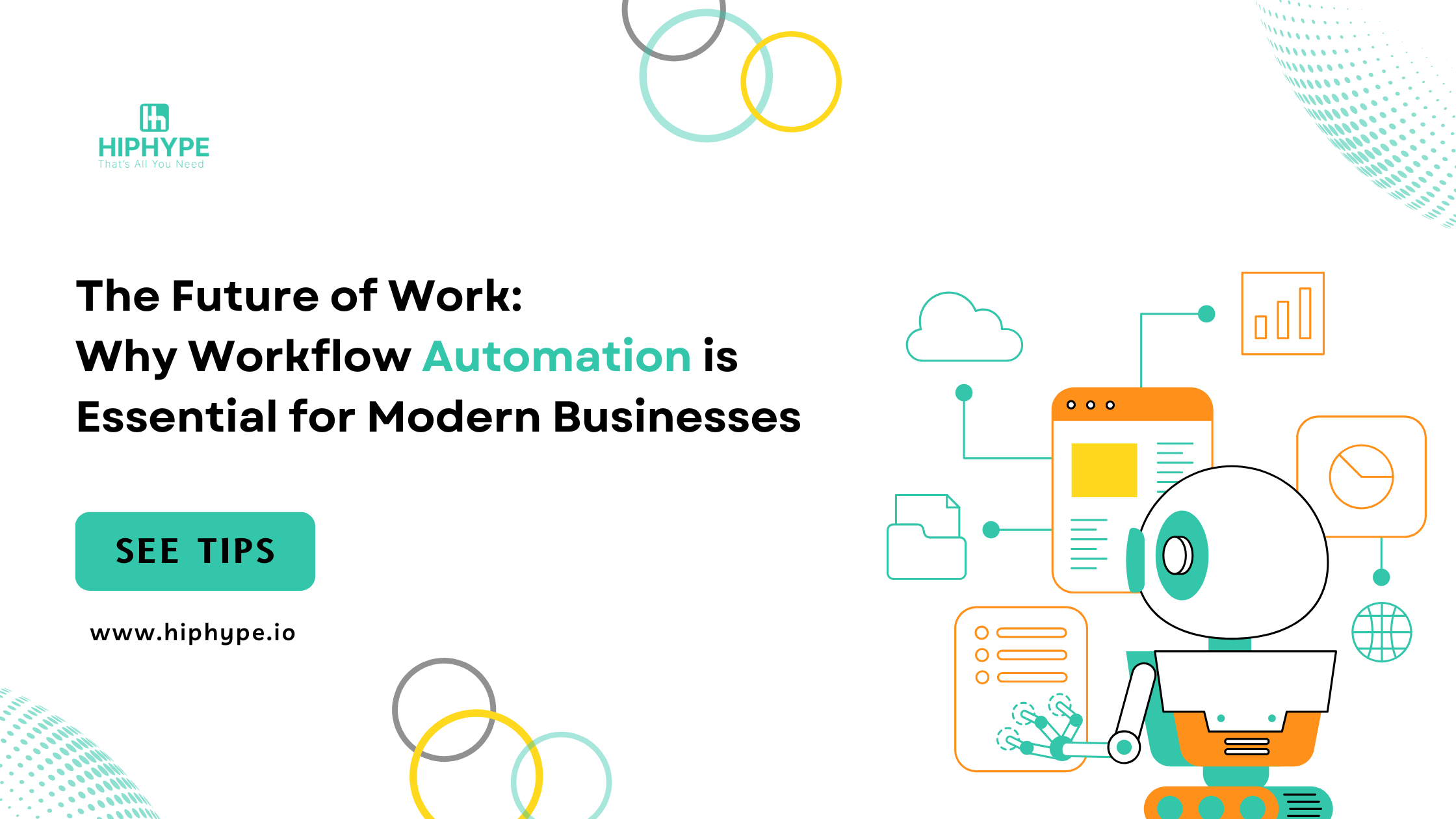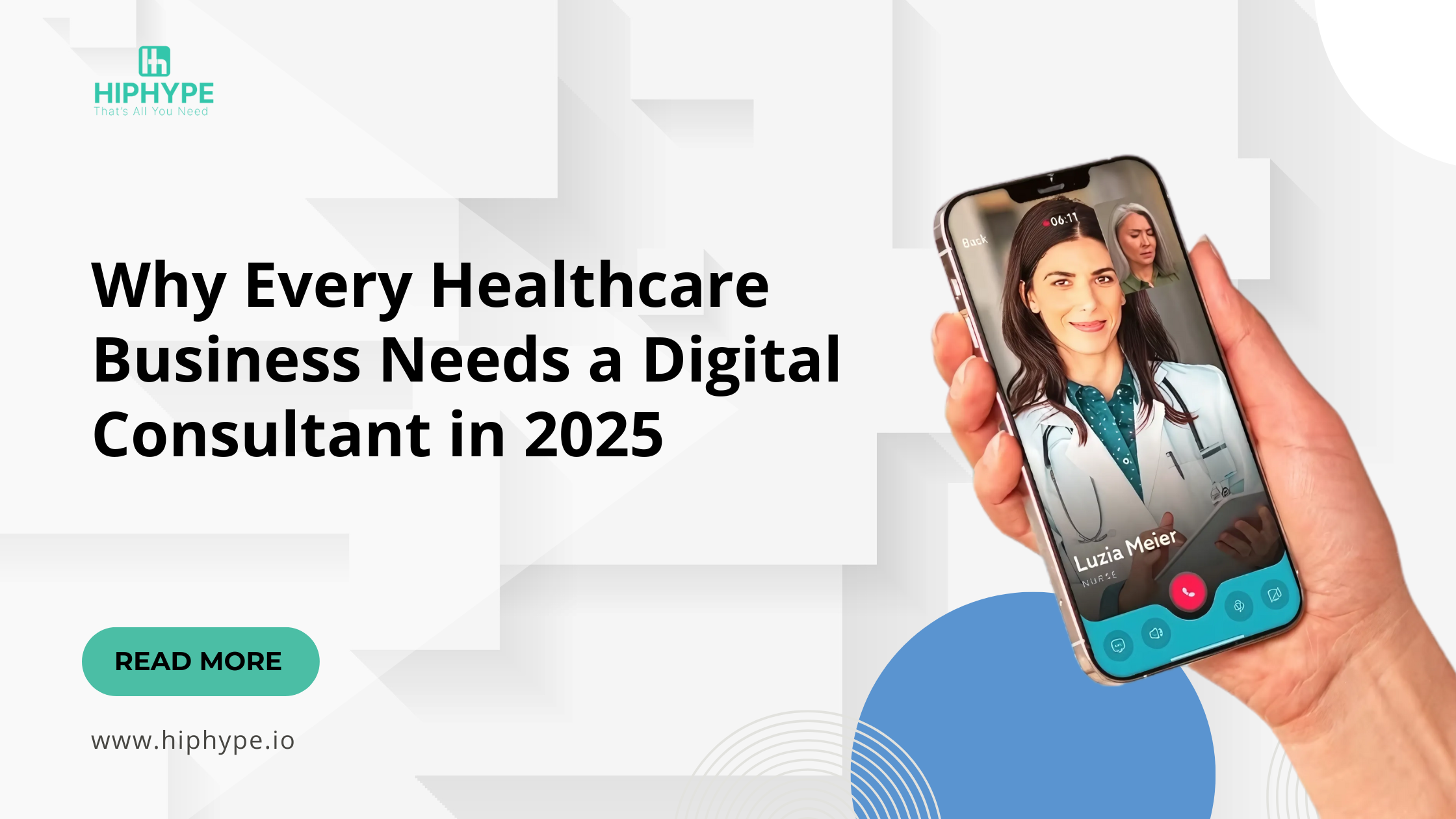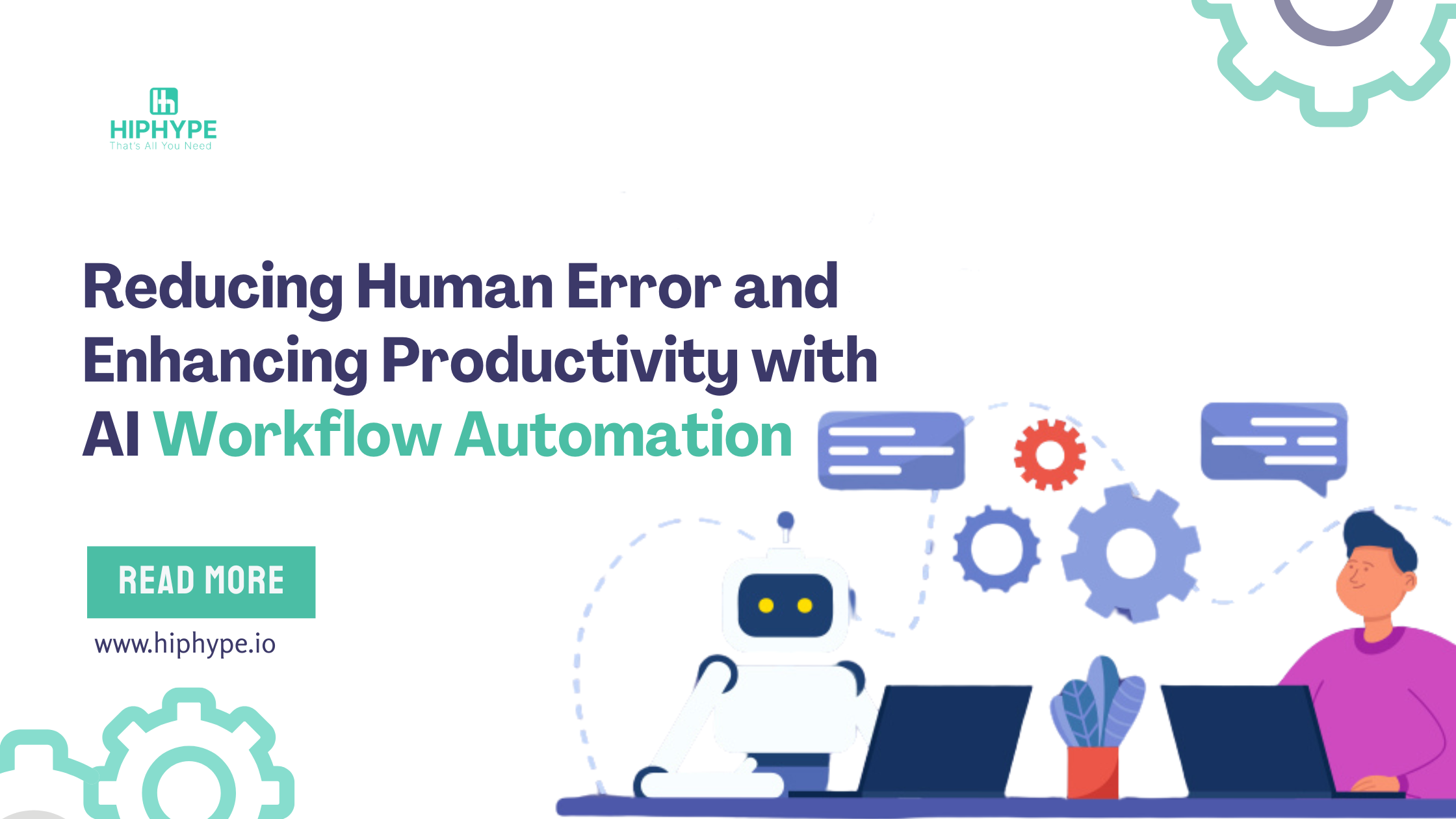The Future of Work: Why Workflow Automation is Essential for Modern Businesses
The world of work is undergoing a radical transformation, driven by technology and innovation. With businesses striving to stay competitive in a fast-paced digital economy, workflow automation has become a necessity rather than a luxury. At the core of this transformation is the integration of artificial intelligence (AI) and other advanced tools, enabling organizations to redefine efficiency and productivity. Let’s explore why automation in business is essential, how it is reshaping industries, and what the future of automation holds for modern enterprises.
Understanding Workflow Automation
Workflow automation refers to the use of technology to streamline and simplify repetitive, time-consuming tasks. Instead of relying on manual processes, businesses can leverage tools powered by AI to execute tasks faster and with fewer errors. Whether it’s automating invoice processing, managing customer support tickets, or generating detailed reports, workflow automation enables businesses to focus on high-value, strategic activities.
In essence, business automation transforms workflows into seamless systems that operate without constant human oversight. This results in not only better outcomes but also enhanced agility to adapt to market changes.
Why Modern Businesses Need Workflow Automation
1. Driving Efficiency with Automation
Manual processes are often plagued by inefficiencies that slow down business operations. With workflow automation, repetitive tasks can be completed in seconds. For example, AI-powered automation in data processing can handle thousands of records far more efficiently than a human could. This speed and precision make automation indispensable for businesses aiming to scale.
2. Cost Optimization
Automation directly reduces operational costs. By automating tasks like inventory management, customer communication, and payroll processing, businesses can cut down on labor expenses and eliminate costly human errors. Over time, the savings generated by automation in business outweigh its initial investment.
3. Enhanced Accuracy and Consistency
Humans, despite their best efforts, are prone to errors, especially during repetitive tasks. Automation, however, ensures tasks are executed with near-perfect accuracy. Tools that use AI-powered automation analyze and process data without lapses, ensuring consistent results across all workflows.
4. Empowering Employees
One of the greatest benefits of business automation is the ability to free employees from mundane tasks. By automating routine processes, employees can channel their energy into creative problem-solving, innovation, and strategic planning. This not only boosts productivity but also improves job satisfaction.
5. Staying Ahead in a Competitive Market
The future of automation is about adaptability and resilience. Businesses that embrace automation are better positioned to respond to market changes, customer demands, and industry trends. AI-enabled tools help companies forecast demand, optimize resources, and make data-driven decisions, keeping them ahead of competitors.
Applications of Workflow Automation Across Industries
1. Marketing
Automation tools like HubSpot and Marketo are revolutionizing marketing strategies. Campaigns, email sequences, lead scoring, and analytics reporting are now handled seamlessly using automation in business, enabling teams to focus on strategy.
2. Finance and Accounting
Finance teams benefit immensely from workflow automation. Tasks such as invoice approvals, tax calculations, and expense tracking are streamlined with tools like QuickBooks and Xero. Automation ensures compliance, reduces errors, and saves significant time.
3. Customer Support
Customer service teams now rely on AI-powered automation to manage queries and deliver timely support. AI chatbots and automated ticketing systems ensure that customers receive accurate responses instantly, enhancing satisfaction and loyalty.
4. Supply Chain and Logistics
Automation in supply chain operations—like order processing, inventory management, and shipment tracking—ensures faster, error-free deliveries. This is especially important in industries where precision and timeliness are critical.
5. Human Resources
Recruitment, employee onboarding, and performance reviews are being transformed by workflow automation. HR platforms like BambooHR and Workday automate tedious tasks, allowing HR professionals to focus on employee engagement.
How Artificial Intelligence is Driving Automation
The integration of artificial intelligence into automation systems has taken workflow efficiency to new heights. AI empowers businesses to go beyond basic task automation by enabling intelligent, data-driven decision-making.
1. Smarter Automation with Machine Learning
Machine learning, a subset of AI, allows automation systems to learn from historical data and improve over time. For example, in sales, AI can predict customer behavior and recommend the best course of action, leading to better conversion rates.
2. Improved Communication with Natural Language Processing (NLP)
With NLP, AI-powered automation can understand and respond to human language. This technology is especially useful in customer service, where chatbots can provide real-time support and address customer needs effectively.
3. Robotic Process Automation (RPA)
RPA combined with AI handles repetitive tasks such as data entry, file transfers, and workflow tracking. Unlike traditional automation, RPA can adapt to complex, unstructured data, making it a game-changer for industries like finance and healthcare.
4. Real-Time Analytics and Decision Making
AI’s ability to analyze large datasets in real-time allows businesses to make faster, more informed decisions. From identifying trends in customer behavior to optimizing production schedules, AI ensures businesses can respond proactively to changes.
The Future of Automation: What Lies Ahead?
1. Hyperautomation
Hyperautomation, the next frontier in business automation, integrates multiple technologies such as AI, machine learning, and robotic process automation. This approach allows businesses to automate more complex workflows, driving efficiency at scale.
2. Automation for Personalization
In the coming years, AI-powered automation will enable businesses to offer highly personalized services. For example, marketing tools will use AI to craft custom messages for individual customers based on their behavior and preferences.
3. Automation and Sustainability
Automation will play a pivotal role in helping businesses achieve their sustainability goals. AI can optimize energy use, reduce waste, and streamline supply chains, making businesses more eco-friendly.
4. Integration with Emerging Technologies
The rise of IoT (Internet of Things) and 5G will further enhance workflow automation by enabling real-time communication between devices and systems. This will lead to smarter, faster, and more connected operations across industries.
5. Workforce Transformation
As automation becomes more prevalent, the nature of work will continue to evolve. Employees will focus more on managing and improving automated systems while leaving routine tasks to technology. This shift will require organizations to upskill their workforce and prepare for a tech-driven future.
Challenges in Adopting Workflow Automation
While the benefits of automation are immense, businesses must address certain challenges to ensure successful implementation:
- Initial Investment: Implementing automation tools requires significant upfront costs, but the long-term savings often justify the expense.
- Employee Resistance: Employees may fear job displacement. Businesses need to prioritize change management and emphasize how automation complements human work.
- Data Security Risks: Automated systems handle large volumes of sensitive data, making robust cybersecurity measures essential.
- System Integration: Integrating automation tools with legacy systems can be complex and requires careful planning.
Conclusion: Why Automation is the Future of Work
The workplace of the future will be defined by automation in business, and workflow automation will be its backbone. By embracing AI-powered automation, businesses can improve efficiency, reduce costs, and empower employees to focus on meaningful tasks.The future of automation isn’t just about replacing human effort—it’s about augmenting it. Businesses that invest in automation today are setting themselves up for success in a tech-driven world. So, whether it’s artificial intelligence driving predictive analytics or RPA handling routine tasks, automation is no longer optional; it’s essential.





